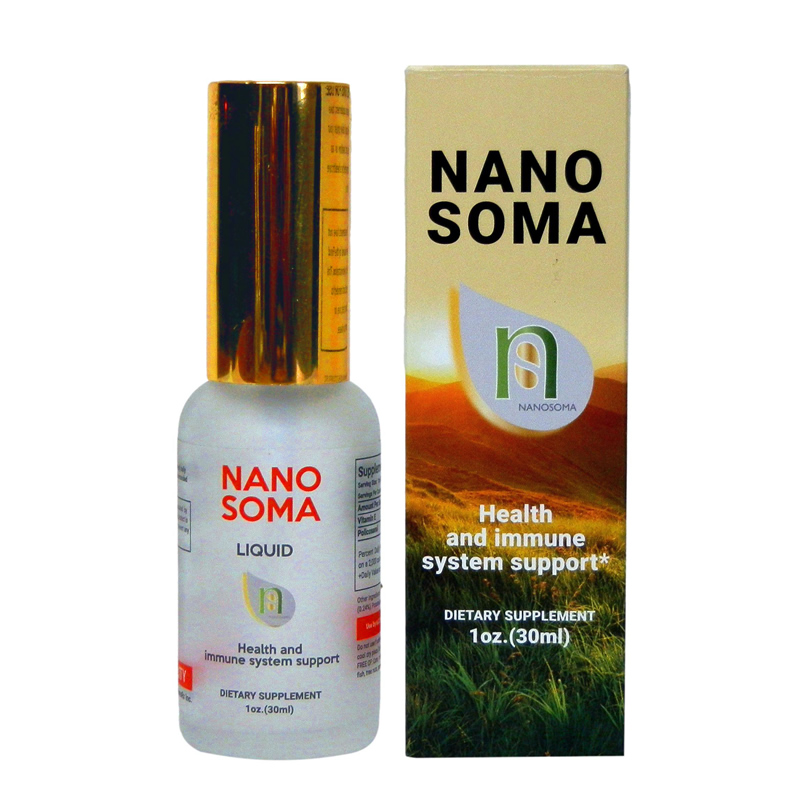No products in the cart.
Thymus Gland
Overlying the heart, the thymus is a twin lobed organ consisting largely of developing lymphocytes. Lymph carries white blood cells to this organ, where they multiply and change into special infection-fighting cells.
Although the function of the thymus is not fully understood, it is known that it is an important part in developing immunities against various diseases.
Many researchers believe the thymus produces the original lymphocytes formed in the body before birth and continues to produce them after birth. The lymphocytes then travel from the thymus to the lymph nodes and spleen by way of circulation. It is also believed that the thymus forms a hormone essential for immunity.
This hormone, known as thymic humoral factor (THF), must be present for a short time after the baby is born, if he is to be able to develop any immunities. Researchers believe that the thymus hormone acts on lymphocytes, causing them to change into plasma cells, which then form antibodies that produce immunities. After puberty, the thymus begins to shrink in size. Its primary role seems to be in the early years of life in the development of immunity.







